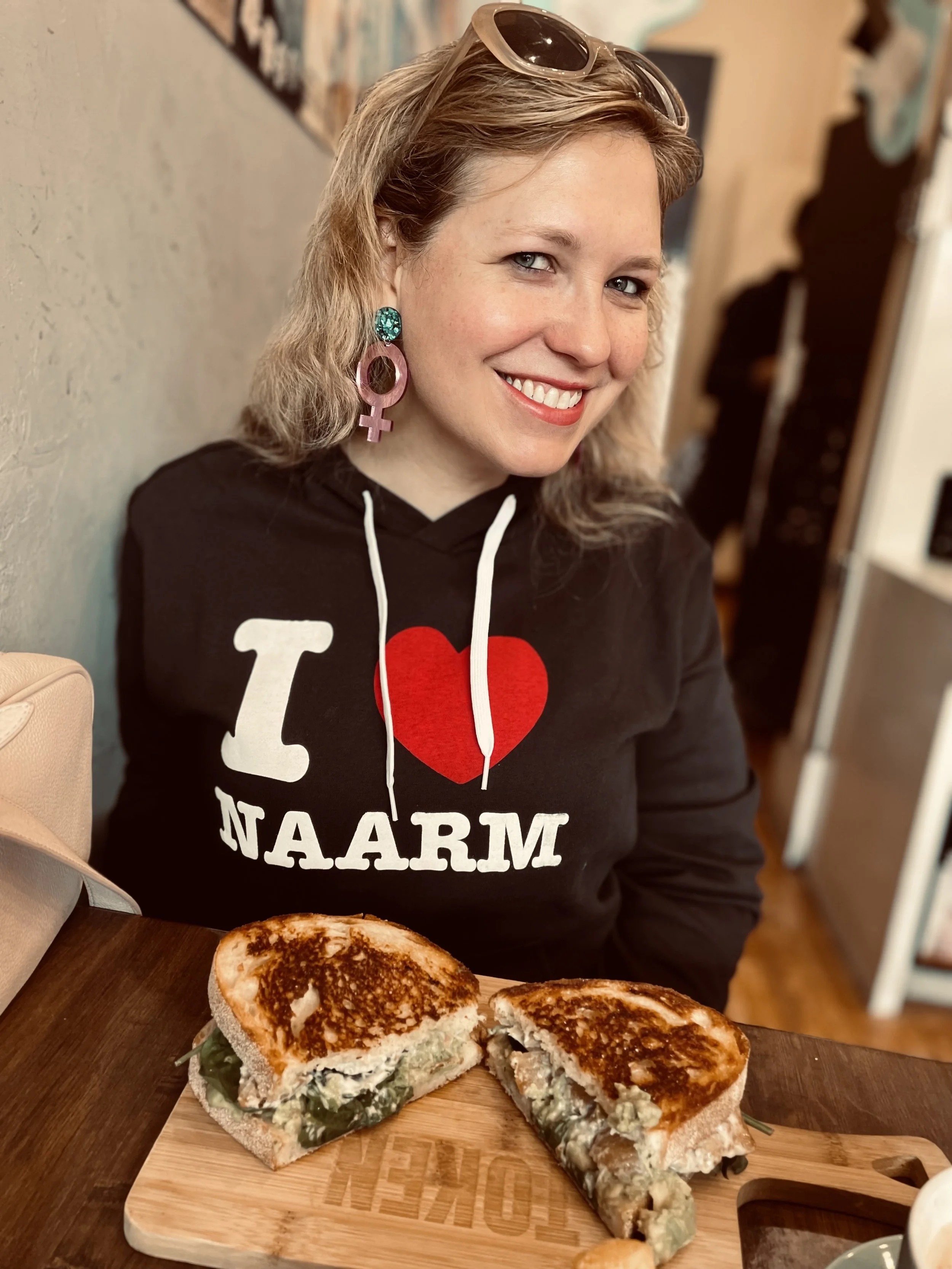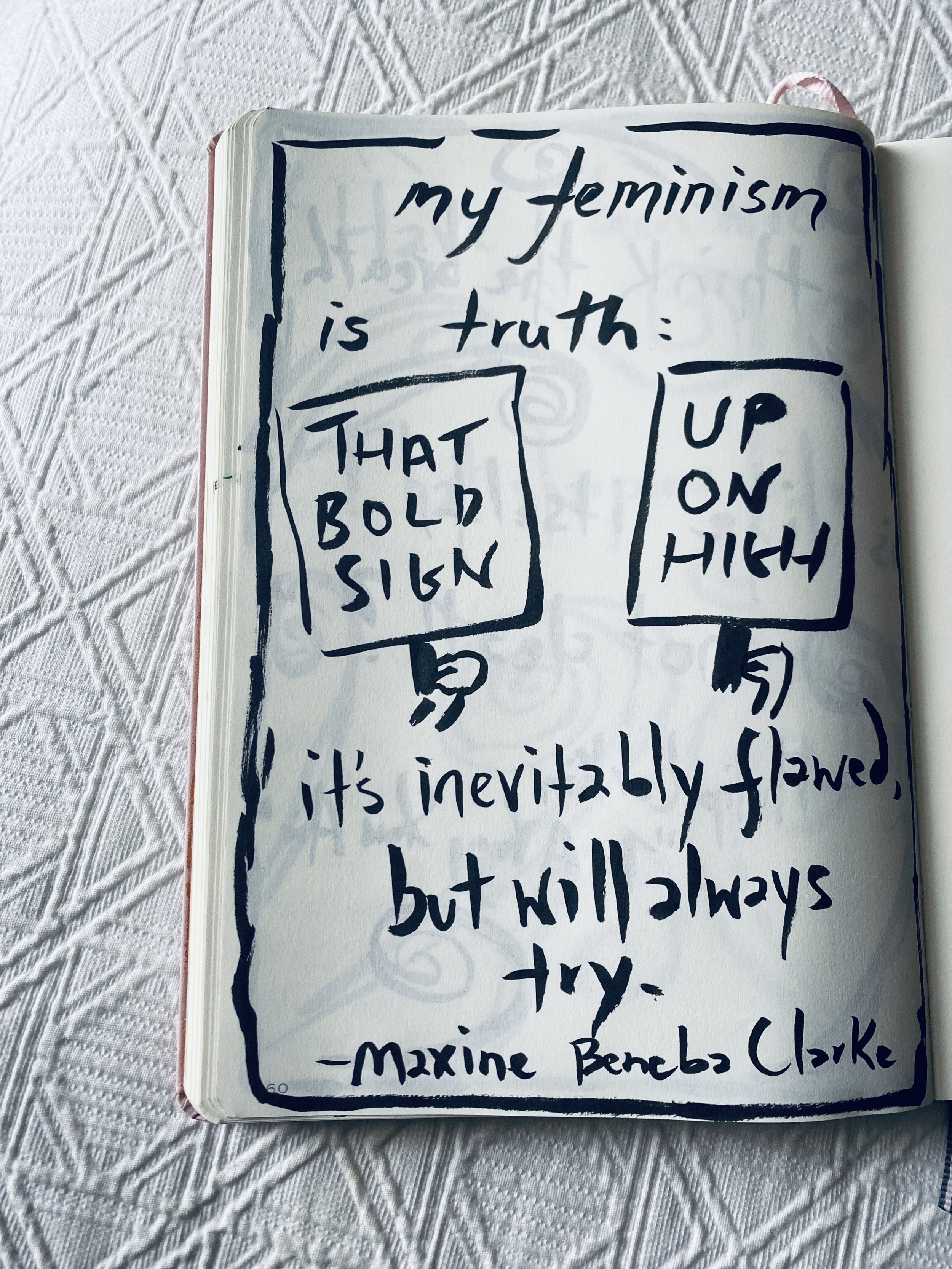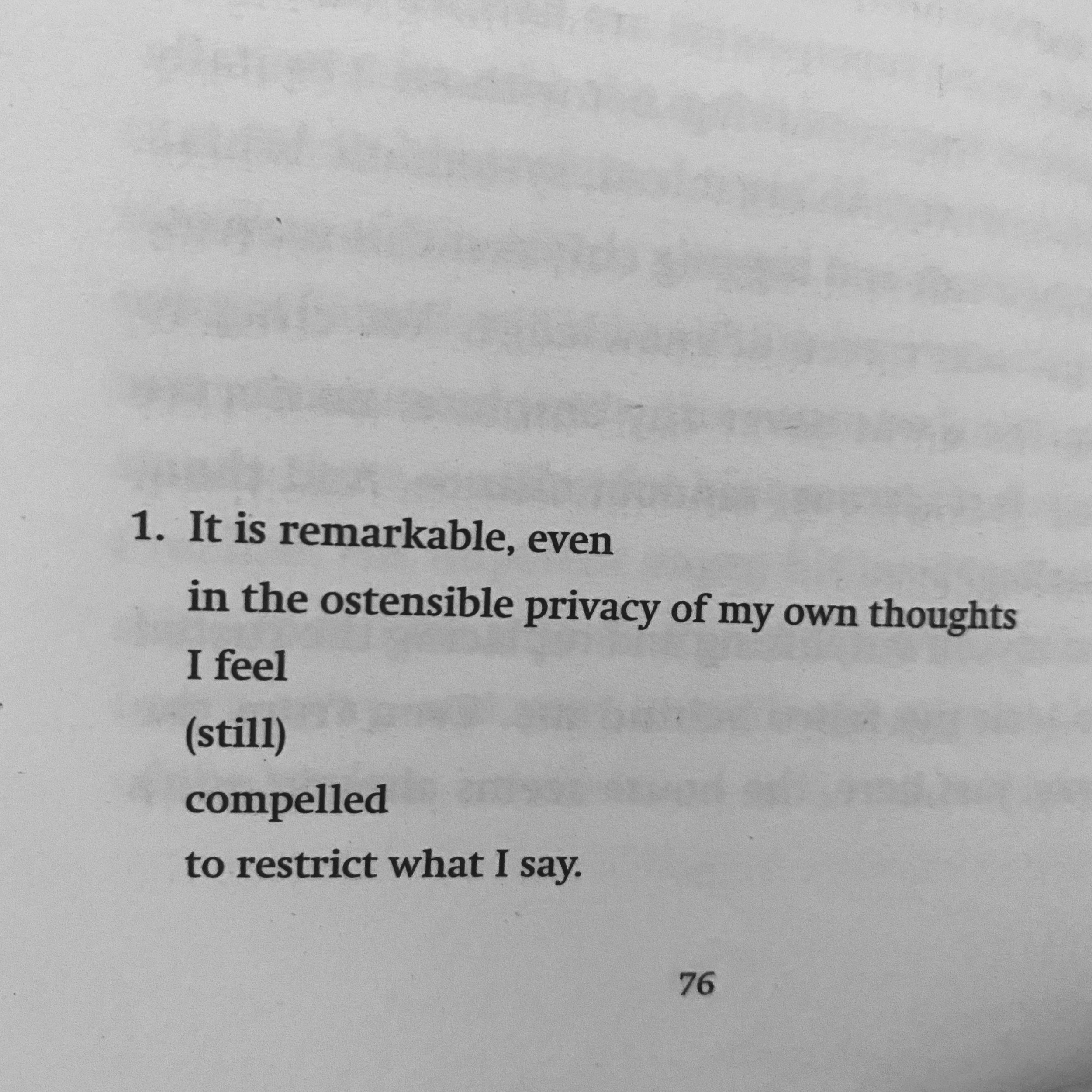I started reading Rebecca May Johnson’s Small Fires: An Epic in the Kitchen while I was alone in the house for a few days, with only my own appetite and whims to cater to.
One night, I cooked the hot red epic as Johnson calls it (p.89) - the recipe she cooked a thousand times, the recipe whose origins she is determined to discern but which prove murky. The recipe that made her think about what it means to make a recipe over and over, to “put your own spin on it”, and how recipes are affected by their historical context, their ‘source text’, the material circumstances that produced them, their language, their authorship. How a recipe can be a “siren-text, an ‘I’ that also speaks as ‘we’ and ‘they’ and ‘you’.” (p.97).
I was surprised that the hot red epic was just a simple tomato pasta sauce. But, as with all simple things, deceptive.
I didn’t have enough olive oil. Once it was cooked, served and tasted, I found I needed some capers and a pinch of chilli flakes for it to go from “fine” to something more interesting. Was it my supermarket own brand tomatoes, that still said Italian on the label? Should I have gone for the posher ones? I wrote this isn’t something I could see getting obsessed with in my journal as the saucepan soaked.
But the next day, I recalled the thin slices of garlic, the tomatoes, the richness of the (barely two tablespoons, as that’s all I had left) olive oil and yes, now I could see why one would want to perfect it. The simple things often elude us.
Three nights later, I was alone for dinner again, and I saw the homegrown garlic bulbs I had dug out of the garden drying on the kitchen window sill. The jar of living basil next to them. Another can of plum tomatoes in the pantry. Suddenly, all I wanted was to cook the hot red epic again. It was a siren call.
This time, it was undoubtedly richer and more unctuous as I used the full six tablespoons of olive oil. Though it was now a little too on the oily side for me. And I still needed the punchy tang of capers.
This should be the end of it, I wrote.
But no.
I still have garlic, basil, tomatoes and I’m going to make it again, this funny thing that’s wormed its way into my brain somehow, that good cook should have decent tomato sauce in their repertoire. I will try again. I will challenge myself to eat it without capers.
Finally, I see why Johnson was so compelled to keep trying this recipe again and again, a thousand times, and then wondered about everything that lay underneath it. How it became a hot red epic.
Why do we cook? is the question Johnson seems to be asking throughout the book and I liked how she tried to answer it.
I can feel myself getting slightly obsessed

















